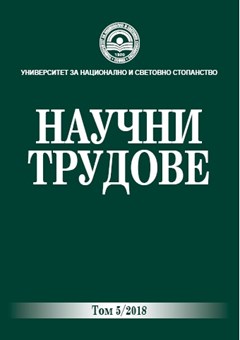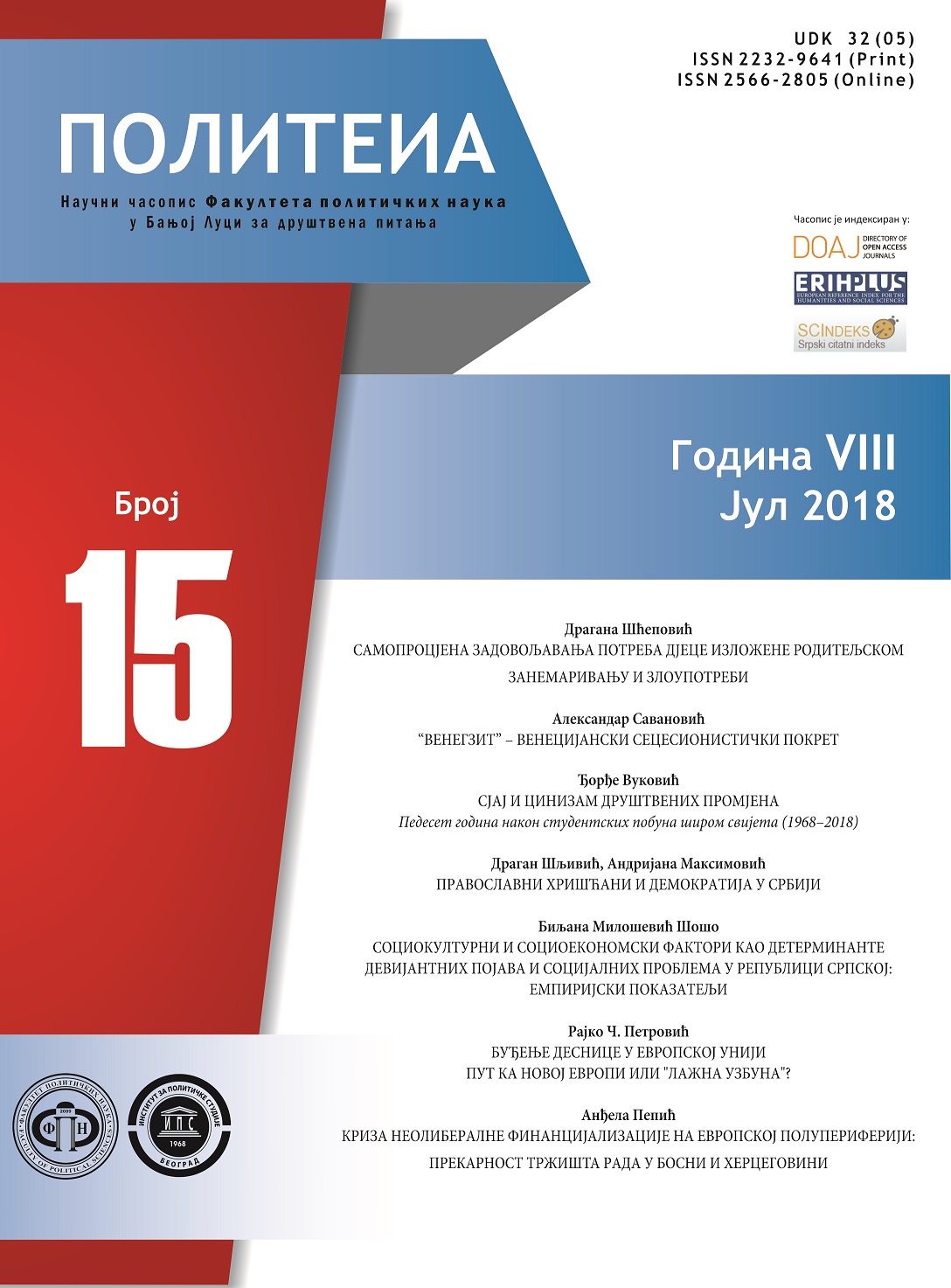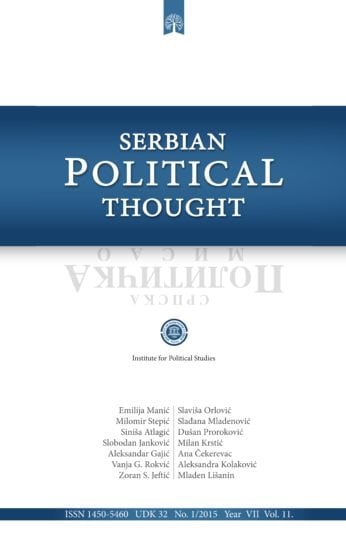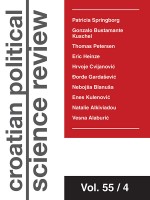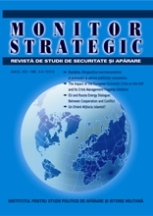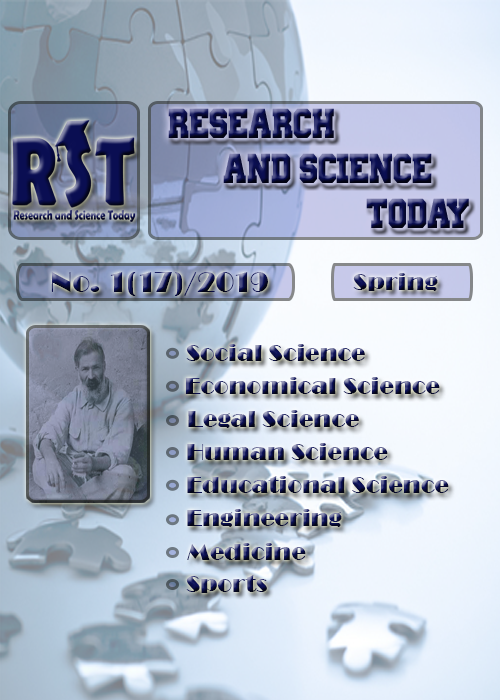The Dynamics of Good Governance in Promoting Energy Security: The Case of Bangladesh
In the modern era, energy and its sustainability have emerged as one of the most important economic issues worldwide. It is widely believed that no country has managed to embrace development without ensuring a sustainable energy supply that could be accessed by a large portion of the population. Thus, this concept of energy sufficiency is of greater importance for the underdeveloped countries those, historically, had not been able to match their local energy demand. Apart from the inefficiencies and resource constraints associated with the energy sector, lack of good governance within an economy is believed to be a critical issue in aggravating energy crisis in those countries. However, following strategic impotence, political unwillingness and inefficient governance of the energy sector, the underdeveloped countries have failed to mitigate the energy deficits which in turn have hampered the development prospects in those countries. This paper highlights the potential roles good governance can play to promote energy security considering the case of Bangladesh, a developing country that is leaving no stones unturned in becoming a middle-income country by 2021. Besides, the role of good governance in complementing fuel diversification as a tool for ensuring energy security has also been put forward. Thus, the government of Bangladesh should reinstate good governance within the economy creating a favourable environment for investment in the energy sector which would enhance competition and mitigate inefficiencies in energy generation, transmission, and distribution.
More...
